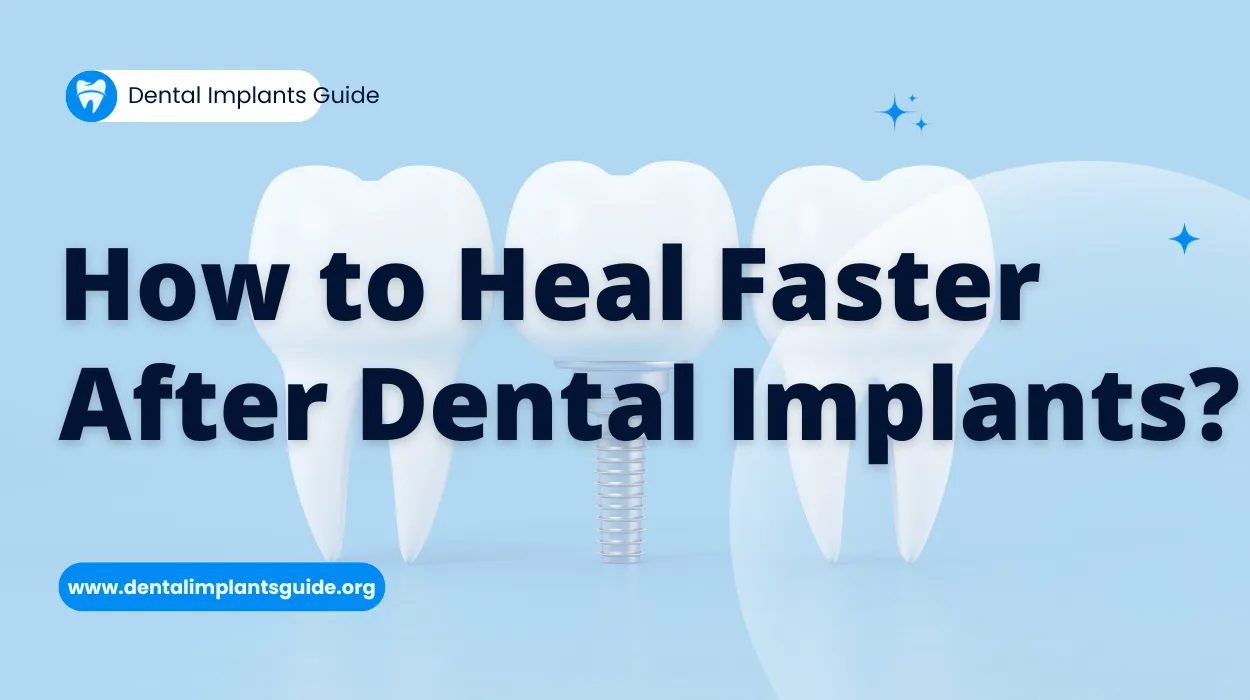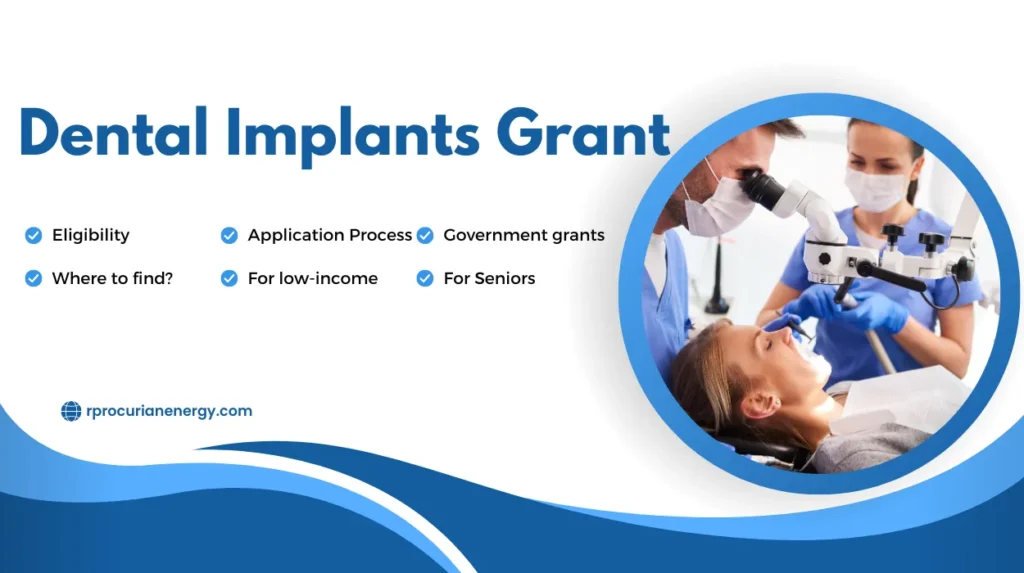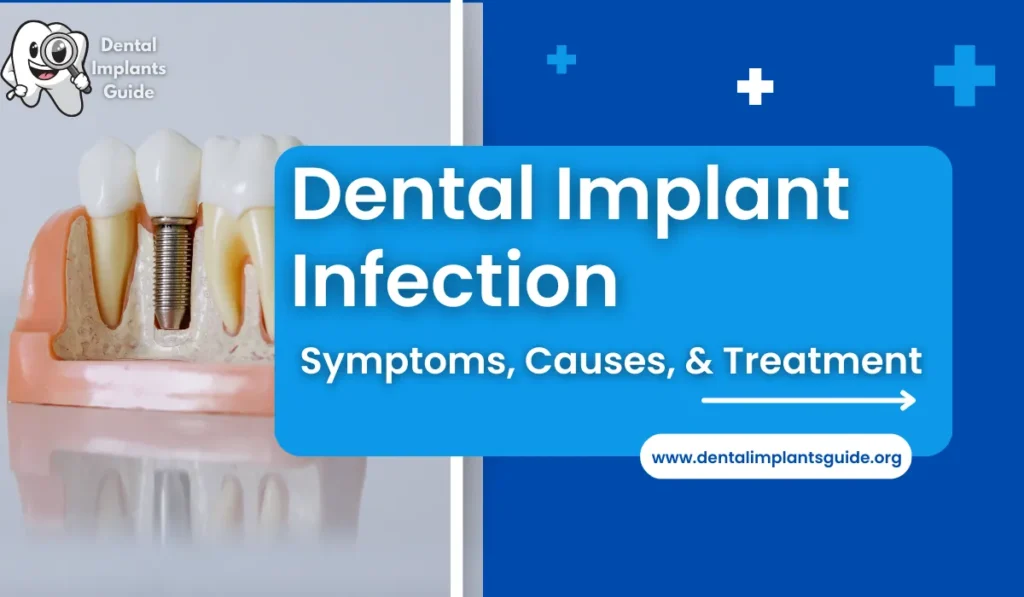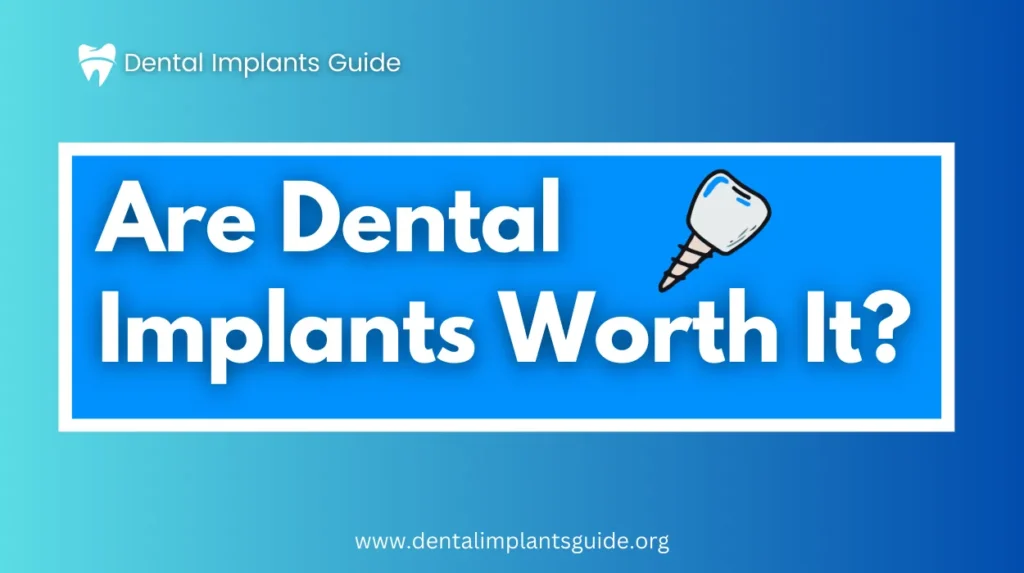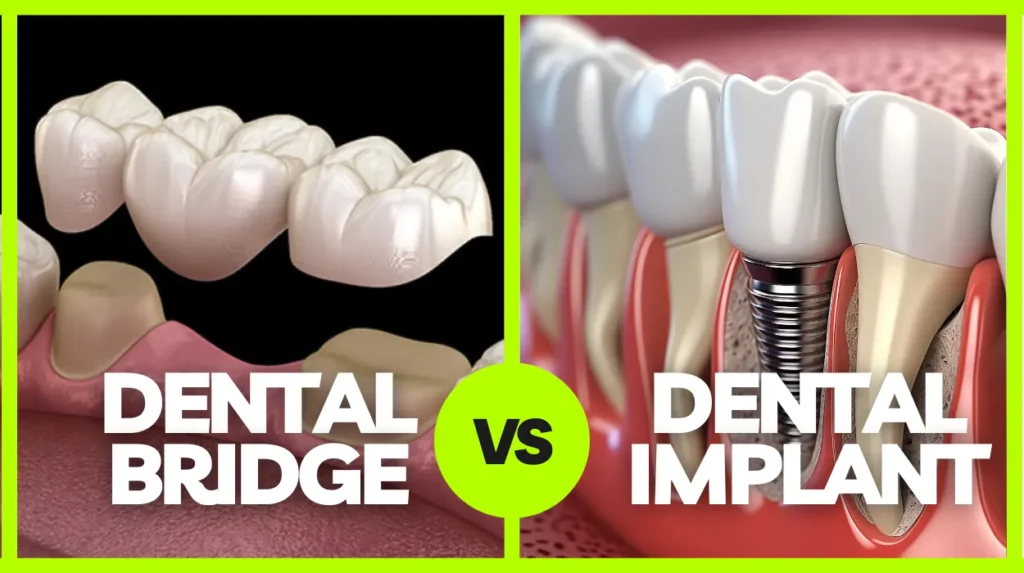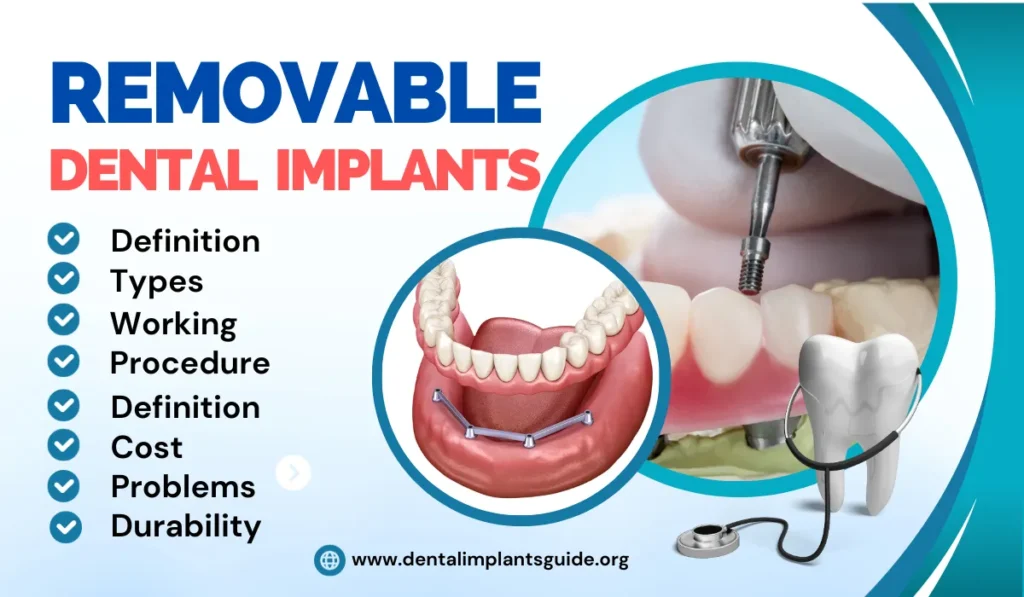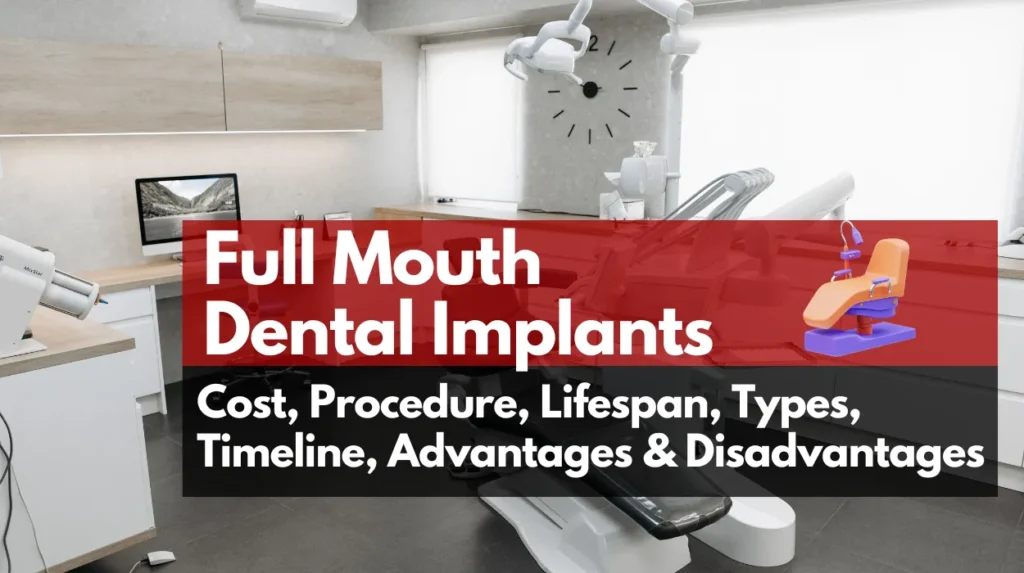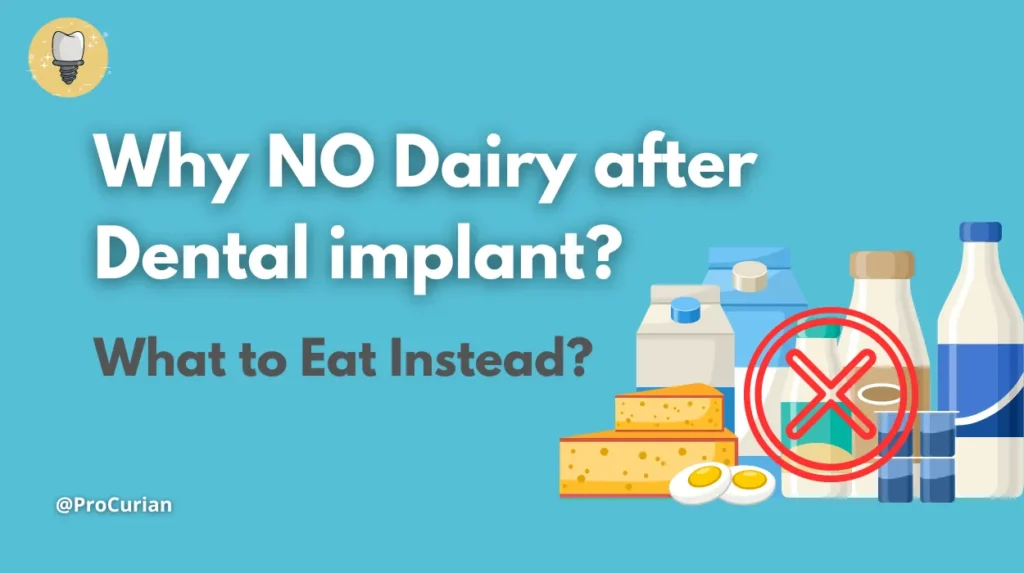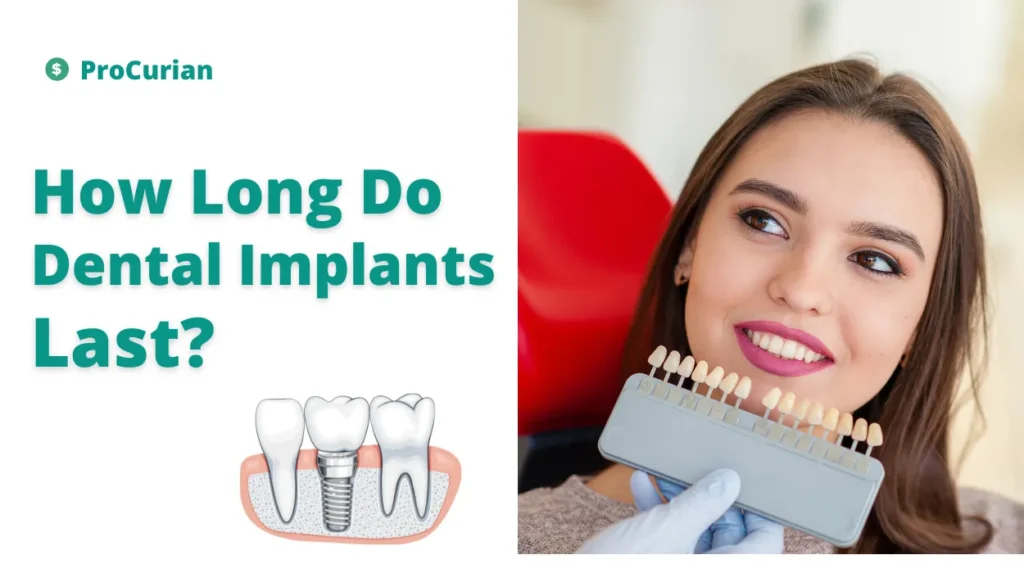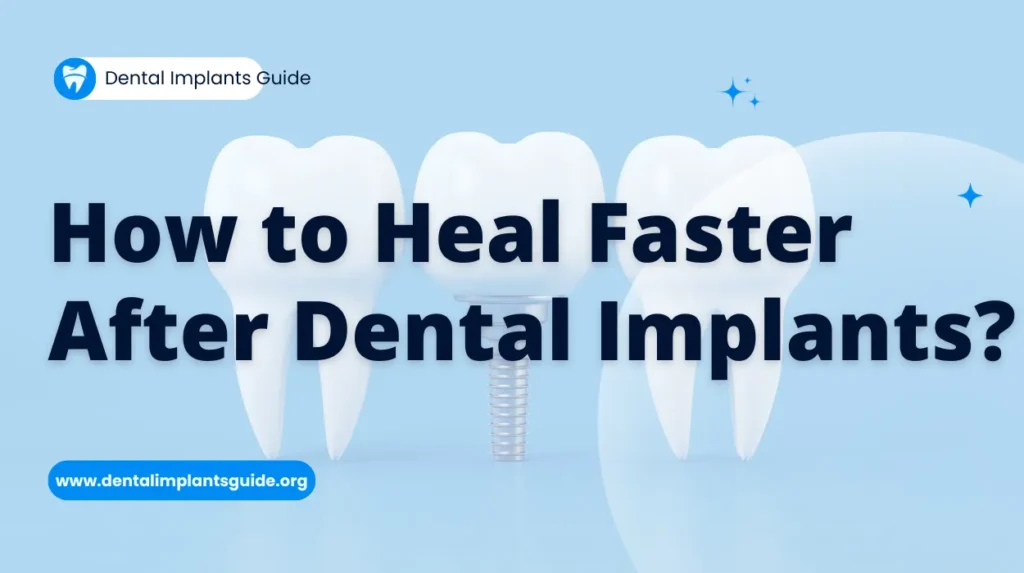
So, you’ve just got dental implants, and you’re probably wondering how to speed up your healing process.
Dental implant surgery is a fantastic way to replace missing teeth, but it does take some time for your body to heal and the implants to integrate properly.
It is important to follow your dentist’s instructions carefully during the healing process to help ensure a successful outcome.
Timeline for dental implant surgery recovery
| Stage | Timeline |
|---|---|
| Surgery | Day 1 |
| Healing | 2-3 weeks |
| Osseointegration (fusion of the implant to the bone) | 3-6 months |
| Abutment placement | 3-6 months after osseointegration |
| Crown placement | 2-4 weeks after abutment placement |
10 Ways to Heal Faster After Dental Implants
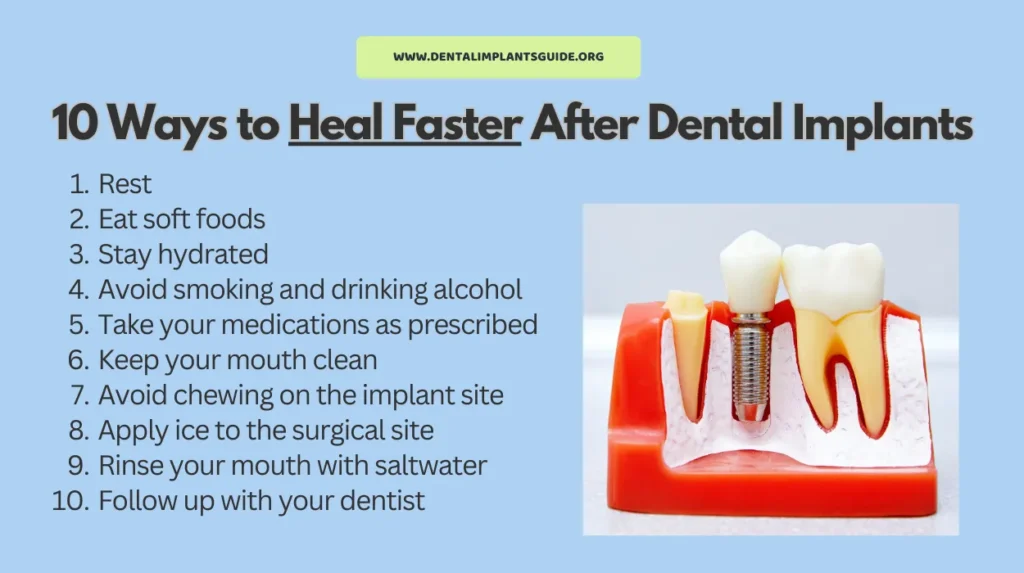
Here are some tips on how to heal faster after dental implants:
1. Rest
One of the most important things you can do to heal faster after dental implant surgery is to rest. Your body needs time to recover from the surgery, so avoid strenuous activity and lifting heavy objects for at least a week after surgery. This includes running, lifting heavy objects, and exercising.
2. Eat soft foods
It is also important to eat soft foods for the first few days after surgery. This will help to minimize the pressure on the implant site and prevent any further irritation. Some good examples of soft foods include yogurt, soups, pudding, and mashed potatoes.
Related Article ➦ Why NO Dairy after Dental implant?
3. Stay hydrated
Staying hydrated is essential for overall health and well-being, but it is especially important after dental implant surgery. Dehydration can slow down the healing process and make you more susceptible to infection. Aim to drink at least eight glasses of water per day.
4. Avoid smoking and drinking alcohol for at least 6 months
Smoking and drinking alcohol can interfere with the healing process and increase the risk of implant failure. So it’s best to avoid these substances for at least 6 months after surgery.
5. Take your medications as prescribed
Your dentist may prescribe pain medication and antibiotics to help you manage the pain and discomfort after surgery. Be sure to take your medications as prescribed and do not miss any doses.
6. Keep your mouth clean
It is important to keep your mouth clean after dental implant surgery to help prevent infection. Rinse your mouth with warm salt water several times a day and be sure to brush your teeth gently. You may also want to use a mouthwash that is specifically designed for post-operative care.
7. Avoid chewing on the implant site
It is important to avoid chewing on the implant site for the first few weeks after surgery. This will help to prevent the implant from moving and disrupting the healing process.
Related Article ➦ 12 Possible Side Effects of Dental Implants
8. Apply ice to the surgical site
Applying ice to the surgical site can help reduce swelling and pain. Be sure to wrap the ice pack in a towel before applying it to your skin. Apply the ice pack for 20 minutes at a time, several times a day.
9. Rinse your mouth with saltwater
Rinsing your mouth with saltwater can help keep the surgical site clean and prevent infection. To make a saltwater rinse, mix 1/2 teaspoon of salt with 8 ounces of warm water. Rinse your mouth with the saltwater solution for 30 seconds, several times a day.
Salt water rinse recipe:
- Mix 1/2 teaspoon of salt in 8 ounces of warm water
- Rinse your mouth for 30 seconds
- Repeat 3-4 times a day
10. Follow up with your dentist
Be sure to follow up with your dentist as scheduled for checkups and X-rays. This will help to ensure that the implant is healing properly and that there are no complications.
Additional tips
Here are some additional tips that may help you heal faster after dental implant surgery:
- Elevate your head when sleeping to help reduce swelling.
- Avoid using a straw, as this can create suction and dislodge the implant.
- Avoid hot and spicy foods, as these can irritate the implant site.
- Get plenty of sleep.
Related Article ➦ Pros and Cons of Dental Implants
Foods to eat after dental implant surgery
- Soft foods, such as yogurt, applesauce, mashed potatoes, and eggs.
- Nutritious foods, such as fruits, vegetables, and whole grains.
Foods to avoid after dental implant surgery
- Hard foods, such as nuts, candy, and carrots
- Crunchy foods, such as chips and popcorn
- Sticky foods, such as taffy and gum
- Spicy foods
- Hot foods and drinks
Supplements for Healing after Dental implants
Here are some supplements for healing after dental implants:
- Vitamin C ➔ Helps with tissue repair and immune support.
- Vitamin D ➔ Aids in bone health and healing.
- Calcium ➔ Promotes bone strength.
FAQs
What is the most important thing I can do to heal faster after dental implant surgery?
Follow your dentist’s instructions carefully. This includes taking your medication as prescribed, eating soft foods, and avoiding strenuous activity.
How long should I rest after dental implant surgery?
Avoid strenuous activity and lifting heavy objects for at least a week after surgery.
How long does healing take?
Healing usually takes a 2 to 3 weeks, but it can vary.
Can I eat right after the surgery?
It’s best to stick to soft foods for a few days and avoid hard or crunchy stuff.
How much should I drink after dental implant surgery?
Drink plenty of fluids to stay hydrated. Aim for at least 8 glasses of water per day.
What foods should I eat after dental implant surgery?
Eat soft, nutritious foods that are easy to chew. Avoid hard, crunchy, and sticky foods.
Should I rinse my mouth with salt water after dental implant surgery?
es, rinsing your mouth with salt water can help to clean the area and reduce swelling. Mix 1/2 teaspoon of salt in 8 ounces of warm water and rinse your mouth for 30 seconds.
Should I smoke or drink alcohol after dental implant surgery?
No, smoking and drinking alcohol can slow down the healing process and increase the risk of infection. Avoid these substances for at least two weeks after surgery
How often should I brush my teeth after dental implant surgery?
Brush your teeth gently twice a day and floss once a day. Be sure to brush your tongue as well.
Should I chew on the side of my mouth with the implant?
No, avoid chewing on the side of your mouth with the implant for the first few weeks. This can put pressure on the implant and slow down the healing process.
What type of toothbrush and toothpaste should I use after dental implant surgery?
Use a soft toothbrush and toothpaste to protect your gums and the implant. Avoid using a hard toothbrush or toothpaste, as this can irritate your gums.
Should I use a straw after dental implant surgery?
No, avoid using a straw for the first few weeks after surgery. Using a straw can create suction in your mouth, which can dislodge the implant.
How long does it take for dental implants to heal fully?
The entire process of healing can take up to 6 months.
What can I do to eat a healthy diet after dental implant surgery?
Eat plenty of fruits, vegetables, and whole grains. Also, include lean protein and healthy fats in your diet.
How much sleep should I get after dental implant surgery?
Aim for 7-8 hours of sleep per night. Sleep is essential for healing.
How can I manage stress after dental implant surgery?
Stress can slow down the healing process. Find healthy ways to manage stress, such as exercise, yoga, or meditation.
What are some common side effects of dental implant surgery?
Common side effects of dental implant surgery include swelling, bruising, pain, and bleeding.
When can I start playing sports again after dental implant surgery?
Avoid strenuous activity for at least 6 weeks after dental implant surgery.
When can I expect to have my final crown placed?
The final crown is usually placed 3-6 months after the implant has been placed.
How long will my dental implants last?
Dental implants can last a lifetime with proper care.
Final Thoughts
Healing after dental implants doesn’t have to be complicated. By understanding the process, preparing well, and following these 12 simple tips, you can help speed up your recovery and ensure the success of your dental implants.
Remember, patience and a positive attitude are your best allies on this journey to a healthier, happier smile. Happy healing!
